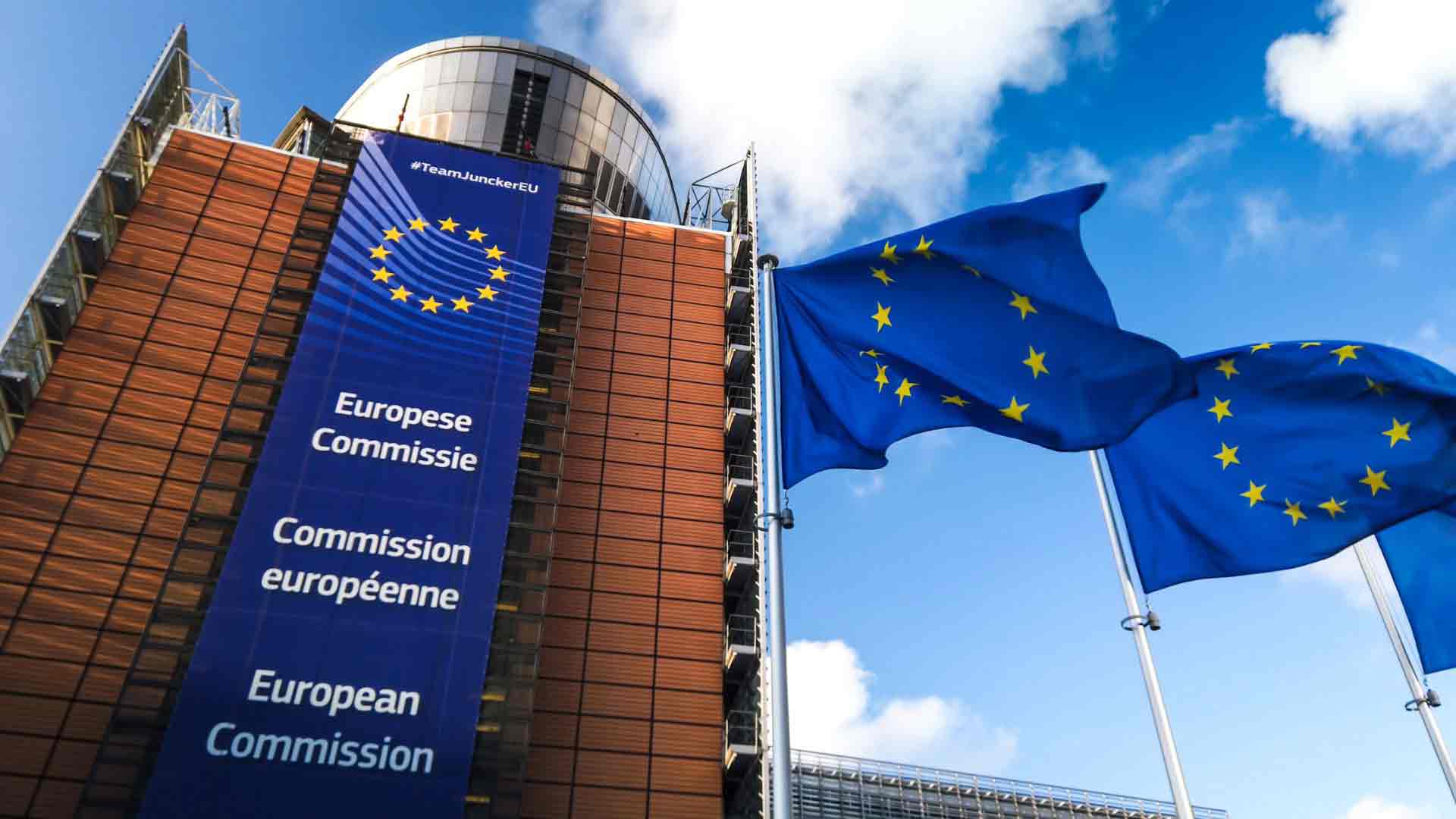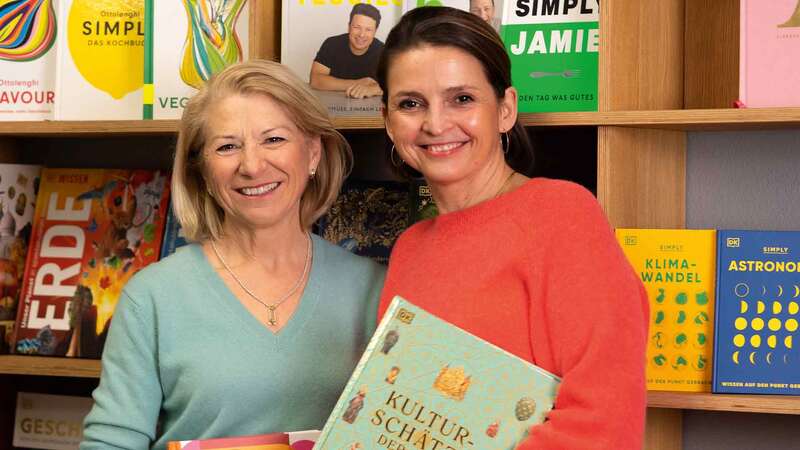You are viewing your 1 free article this month. Login to read more articles.
Coalition of over 200 creative organisations urge EU to pass AI Act
A coalition of over 200 organisations across Europe’s creative and cultural sectors have joined together to urge the European Union (EU) member states to approve the Artificial Intelligence (AI) Act.
The Creators and Rightsholders Statement was published ahead of the meeting of the Committee of Permanent Representatives in the European Union on 1st February.
The AI Act is a proposed EU regulation on artificial intelligence, first proposed in 2021, which would introduce a common regulatory and legal framework for artificial intelligence.
The coalition, which includes the Federation of European Publishers and various presses, said: “The AI Act is a vital piece of legislation that will regulate the role of AI in Europe and help set a global standard for how we expect AI systems to operate. Europe has a unique opportunity to show global leadership in the AI framework, for the benefit of EU citizens, creators, rights-holders, the industry and the wider economy.
“Following the recent rapid emergence of popular generative AI tools, the text agreed upon by the trilogue negotiators proposes light-touch obligations for ‘General Purpose AI Models’.
“These obligations represent a minimum basis to build on efforts to enable European creators and rights- holders to ensure their rights are being respected and that authorisation is sought for the use of their content.
“Doing so would foster an environment where rights and commercial freedoms are respected by simultaneously fostering the licensing of creative content to AI models – kick-starting partnership and innovation opportunities.”
The coalition said that the legislation “is not only the right thing to do but would position the EU to help set a global standard in AI regulation” and would be “an essential enabler for the creation of value in AI and a platform for future development and innovation in the EU”.
In the UK last autumn, publishing trade bodies called the government to establish “tangible solutions” to protect the “human creativity” behind AI and have asked for “acknowledgement of and recompense for the copyright infringement that has already happened”.

















